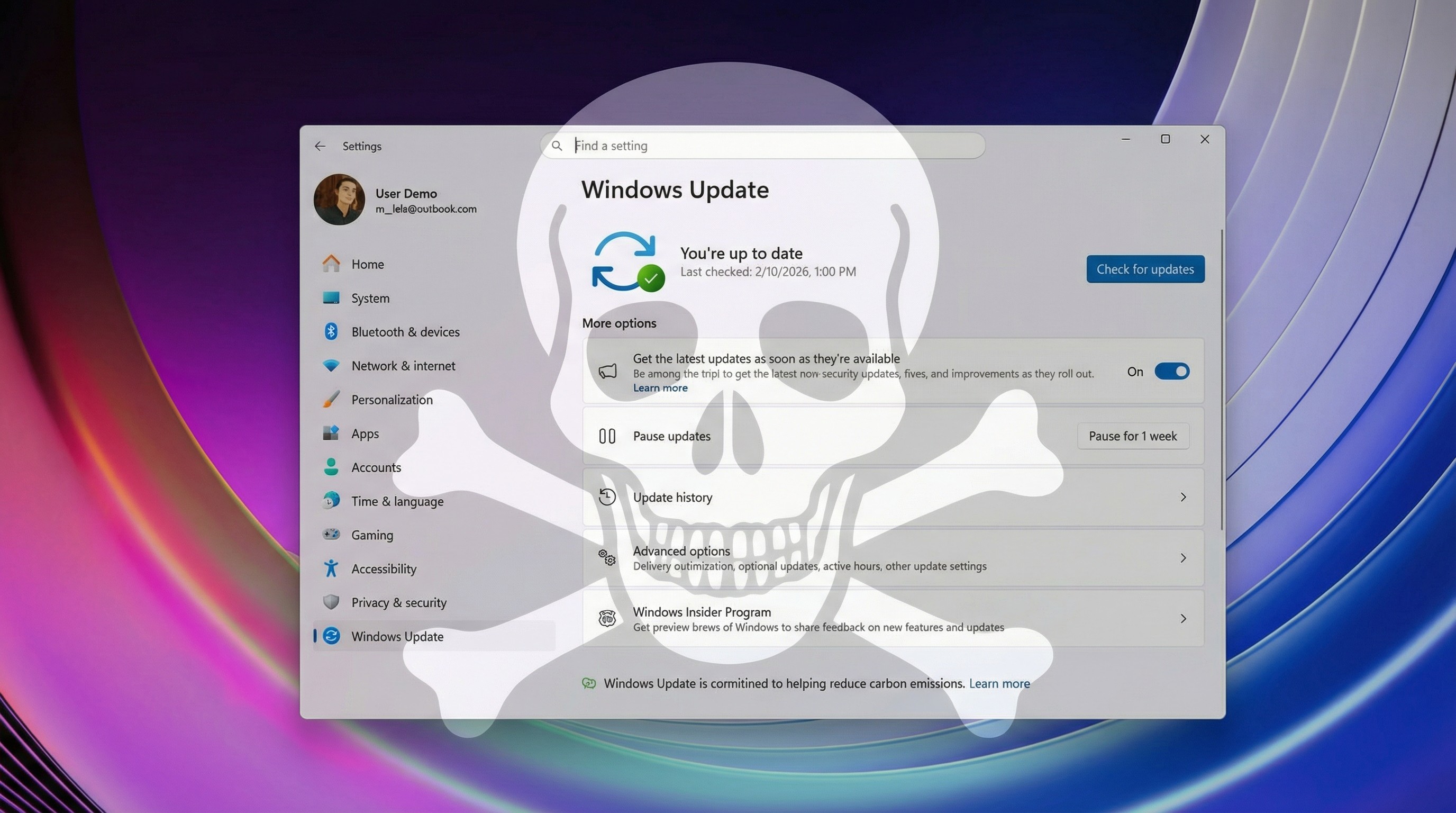Microsoft reveals what the ultimate resume red flag is
Be an overt learner, not overly learned.

All the latest news, reviews, and guides for Windows and Xbox diehards.
You are now subscribed
Your newsletter sign-up was successful
What you need to know
- Microsoft's head of global talent acquisition, Lauren Gardner, spoke to CNBC Make It regarding what she and her company look for in potential employees.
- She emphasized the importance of being a learner and being able to illustrate that in a resume.
- She also noted that applicants who illustrate they've pigeon-holed themselves don't look the best in an application stack.
Microsoft wants one thing above all else in its employees: A willingness to learn.
At least, that's the takeaway from CNBC Make It's recent chat with Microsoft's head of global talent acquisition, Lauren Gardner. She outlined what both herself and Redmond as a whole look for in prospective employees. It turns out that the key to impressing the home of Windows 11 is having a learner mindset. If you show a history of volunteering for new responsibilities, attempting to diversify your skills, and always being eager to work with new people, you'll look good.
"We're looking for folks that are motivated to constantly learn and grow," Gardner said. "We're not looking for know-it-alls, we're looking for learn-it-alls."
In other words, if your resume illustrates that you like treading water, you're in bad shape. Doing the same role for an extended period of time with no growth in responsibilities or activities won't bode well when folks like Gardner assess your potential. She noted that words such as "growth" and "learning" (really hit that nail on the head) help you stand out, so consider a liberal sprinkling of those terms in your cover letter and CV.
Gardner also spoke to the value of having an "interests" section on your resume. She pointed out that Microsoft is looking to hire people, not cogs for a machine, and that means you need to have life experiences and passions that make your insights come from a unique place. Make sure your interests show you'll be a solid cultural fit with the company.
While Gardner primarily spoke about what she looks for in a prospective Microsoft employee, her tips apply to a wide range of organizations, especially those with similar cultural philosophies.
All the latest news, reviews, and guides for Windows and Xbox diehards.

Robert Carnevale was formerly a News Editor for Windows Central. He's a big fan of Kinect (it lives on in his heart), Sonic the Hedgehog, and the legendary intersection of those two titans, Sonic Free Riders. He is the author of Cold War 2395.
